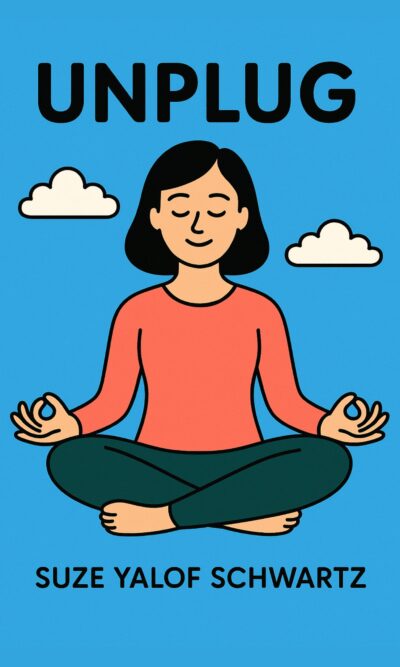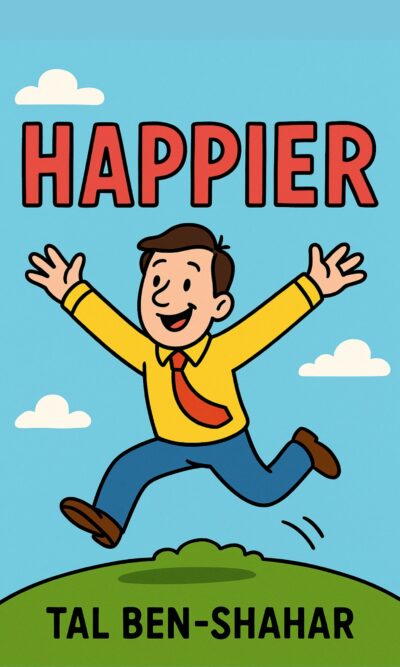Description
Life often feels like a constant uphill struggle. We wake up to alarms, rush into work, and push ourselves to keep going, even when our energy and enthusiasm are gone. It can start to feel like a cycle we can’t escape. But the truth is, sometimes the smartest thing we can do is stop. A pause isn’t laziness or giving up—it’s a deliberate choice to reflect, recharge, and reimagine the direction of your life. When done thoughtfully, a pause can transform how you feel about work, relationships, and your future.
The first step is noticing when a pause is needed. Many people push through exhaustion and ignore the signals, but our minds and bodies have ways of telling us the truth. If you once enjoyed your work but now dread every day, that’s a sign. If your performance is slipping and no amount of effort seems to bring back your motivation, that’s another sign. Technology use can also reveal something deeper. If you find yourself endlessly scrolling, glued to your phone, or avoiding real human connection, you may be distracting yourself from an emptiness inside. Even life changes—whether positive opportunities or painful challenges—can be signals that it’s time to step back and make space.
Once you recognize that a break is needed, the next step is understanding your yearnings. A pause isn’t just about doing nothing. It’s about listening to your inner voice and finding out what you truly want. Yearnings are those deep desires that sit beneath the surface. Some are universal, like the wish to feel loved, safe, or alive. Others are deeply personal, like the urge to create, teach, or explore. The challenge is that daily routines often bury these yearnings, leaving us numb or distracted.
One way to uncover them is to ask yourself the “so that” question. For example, maybe you want more money—so that you can travel—so that you can try new adventures—so that you can feel alive. In that simple chain, the real yearning isn’t about cash, it’s about vitality and excitement. Knowing your true yearnings helps you design a pause that matters, one that restores your energy and points you toward a life aligned with your deepest values.
With your yearnings clear, it’s time to think about resources. A pause isn’t free from reality—you need to consider what you have in terms of time and money. Think of it like checking the fuel gauge on a car before a trip. If you’re planning a short break, maybe a weekend away or a mini-retreat is enough. If you have more money and time, maybe you can take a longer leave or even explore another part of the world. But even if resources are tight, you can still pause meaningfully. A simple walk in nature, a personal project, or a local class can be just as refreshing as an expensive holiday. The key is to match your pause to your actual circumstances, instead of creating stress by trying to do too much.
Another important part of pausing is freeing yourself from old, limiting beliefs. Many of us carry invisible “fear tapes” that play in our heads. These might be voices from childhood, old teachers, or past failures. They whisper things like “you’re not good enough,” “you’ll fail,” or “others will judge you.” When we’re already exhausted, these tapes grow louder. But we can replace them with new beliefs. Just as the brain can create new pathways, we can rewire the way we think. Start by listening carefully to your negative inner voice. Acknowledge it, then consciously flip the thought. For instance, if the tape says, “I can’t handle change,” replace it with “I have learned to adapt many times before.” The more you repeat these positive beliefs, the more natural they become. This mental shift helps make your pause more fruitful, since you’ll approach it with openness rather than fear.
Planning rules and habits also strengthens your pause. Free time can easily be wasted if it lacks intention. Without structure, you might just scroll online or sleep away the hours. That’s why it helps to create a few simple rules. For example, limit phone use, wake up at a regular time, or commit to one daily activity that nourishes you. Balance rules with joy—schedule a walk, a hot bath, a creative project, or time with loved ones. These small habits not only make the pause richer, but they also set the stage for lasting change after your break is over.
Reflection is the final and perhaps most important step. A pause is only valuable if you learn from it. Ask yourself: What did I discover about myself? What yearnings became clearer? What habits do I want to keep, and which ones do I want to leave behind? Write down your insights, because putting them into words makes them real. Create an inventory of your strengths, your joys, and the things that give you energy. This reflection helps you return to life with purpose instead of falling back into old routines.
After your pause, you may realize that your current job or lifestyle no longer fits. Maybe you crave a different career, a new creative pursuit, or simply more balance. Or you might confirm that you’re on the right path but need to adjust your habits. Either way, a pause clears the fog. It allows you to see yourself with fresh eyes, more aware of your talents, limits, and possibilities.
The beauty of pausing is that it doesn’t have to be dramatic. You don’t need to quit your job or travel across the world. Even a few mindful minutes can be powerful. Sit quietly, turn off distractions, sip a drink slowly, and focus on nothing else. That small pause reminds you that life isn’t just about running faster—it’s about being present and alive.
In the end, pausing is an act of self-respect. It says, “My time and energy matter. My desires matter. My future matters.” By planning a pause with care, you not only recover from burnout, but you also create a stronger, more authentic version of yourself. The climb up life’s hill doesn’t have to feel endless or meaningless. With the right pause, you can choose a hill that excites you, where the effort feels worth it, and where every step takes you closer to the life you want.





